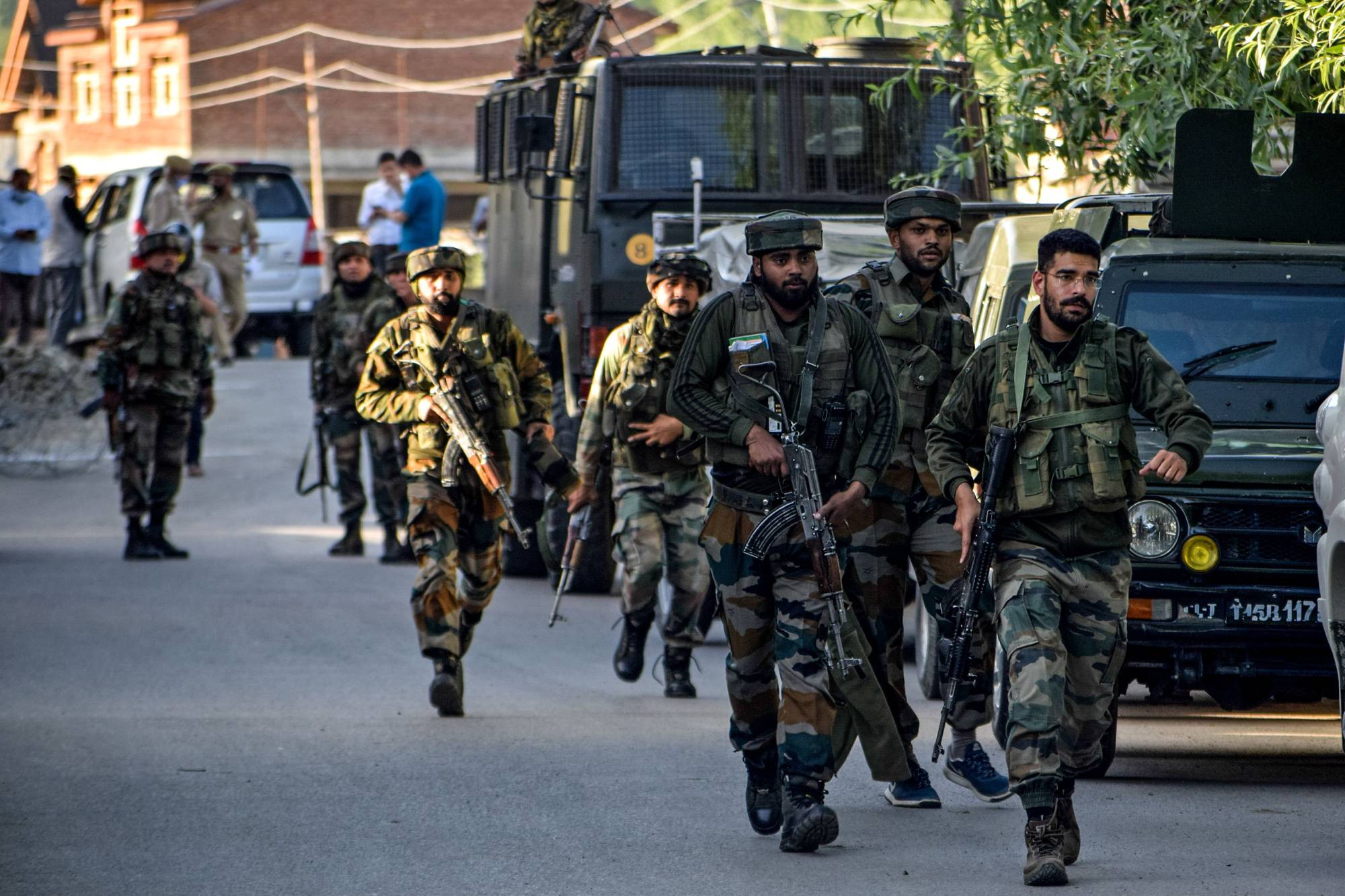When Prime Minister Narendra Modi took control of the disputed Kashmir region last August, he said it would bring India’s only Muslim-majority state closer to the rest of the country and improve economic conditions.
That was echoed by his powerful Home Minister Amit Shah: "Terrorism in Kashmir will end and it will progress on the path of development,” he said after lawmakers ended nearly seven decades of autonomy in Jammu and Kashmir state, which is also claimed by Pakistan.
Yet nine months on, all signs point in the opposite direction. As snows melt in the Pir Panjal Ranges, opening up mountain passes used by militants from Pakistan to cross over to India-controlled Kashmir, security chiefs are predicting a bloody summer in the crisis-torn valley, where 12.5 million residents are still locked down.



